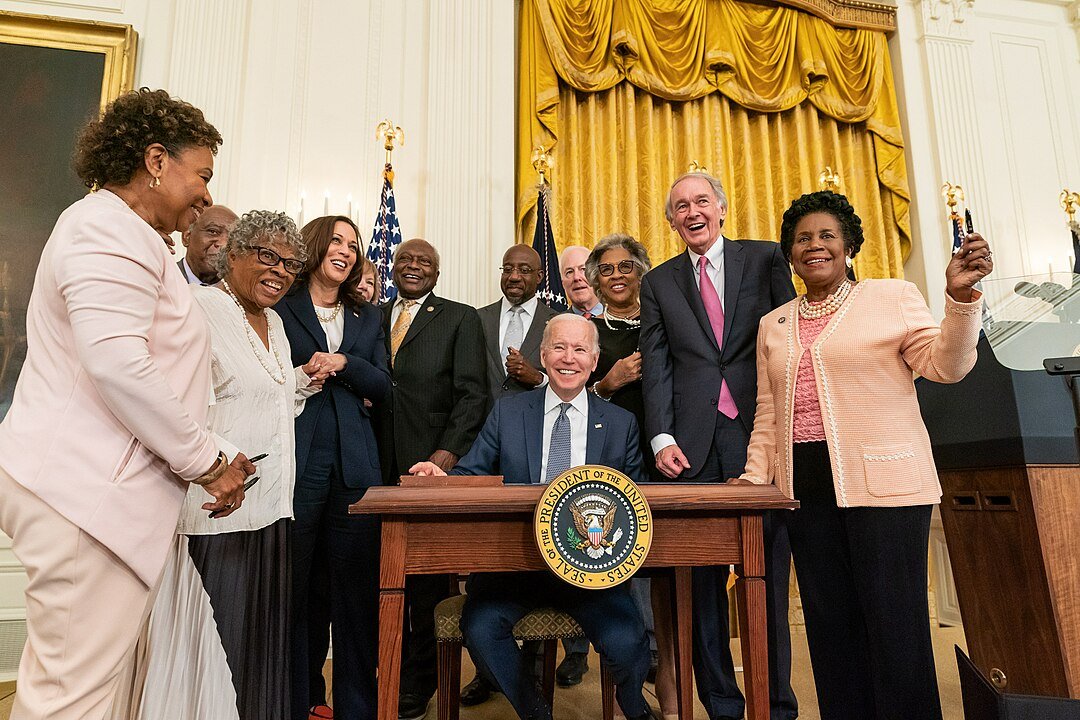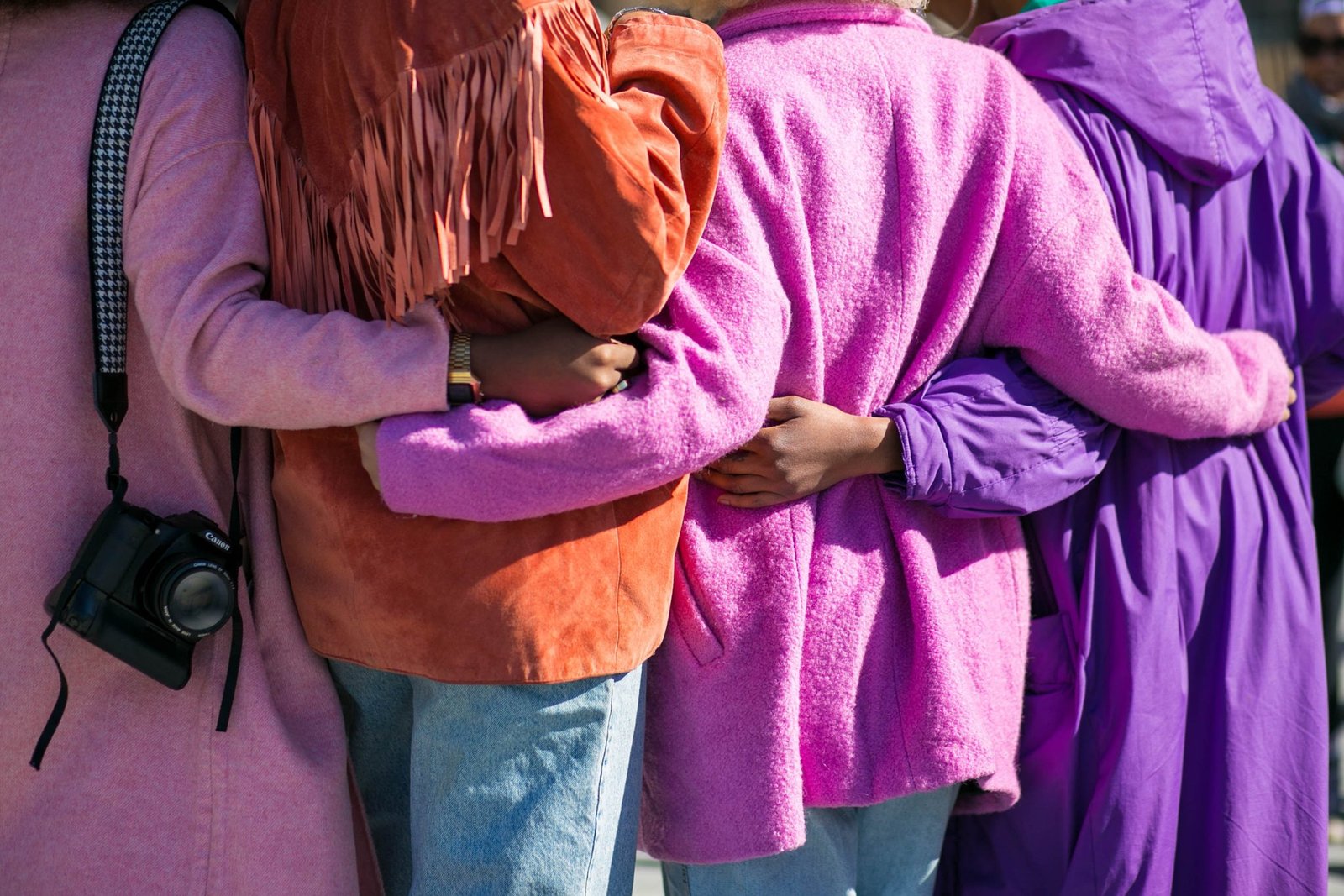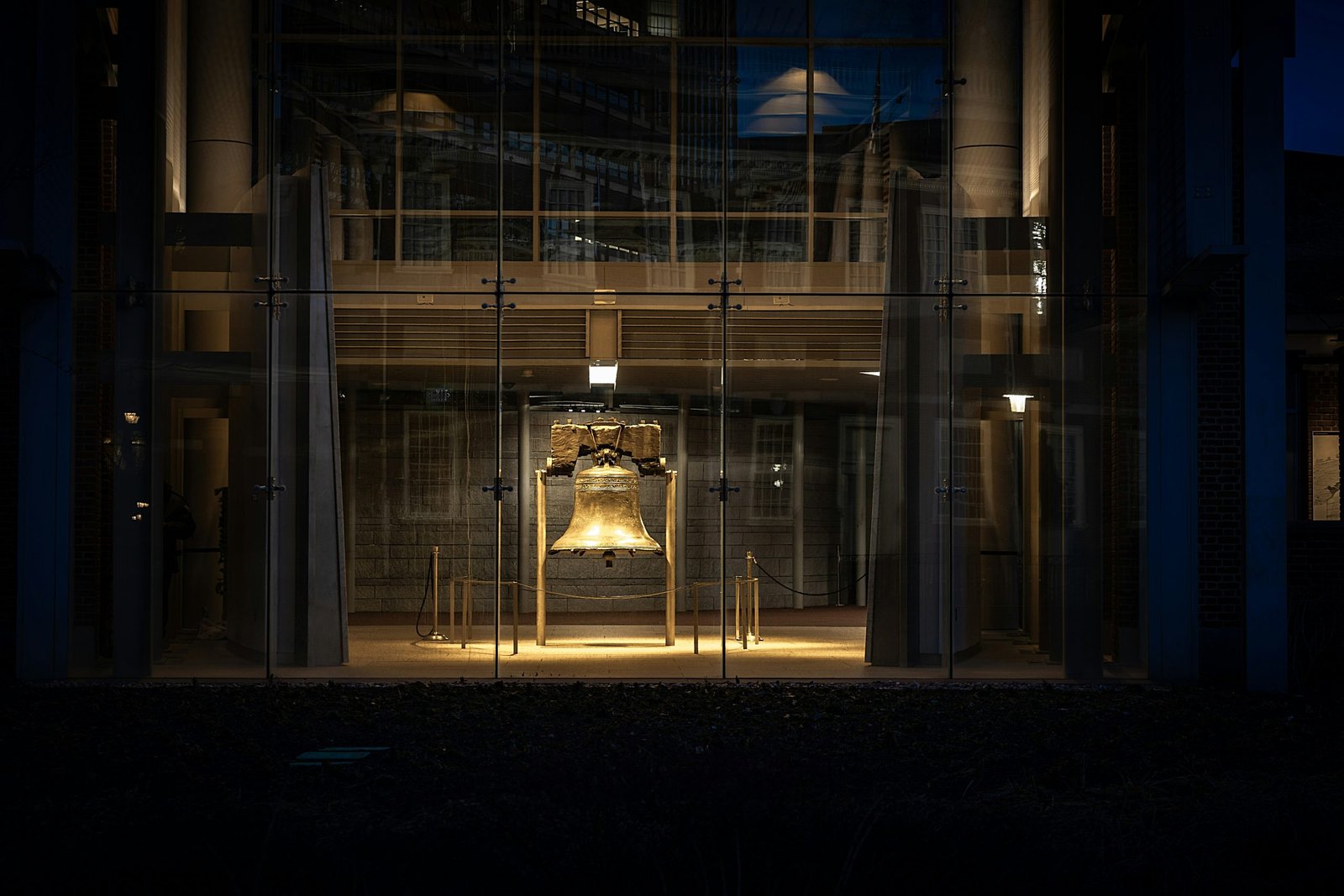Juneteenth, sometimes called Freedom Day or Emancipation Day, is a vital U.S. holiday. It remembers when slaves in America, particularly African Americans, became free. The day has large historic and cultural worth. It marks the day the last slaves in Texas got news of their freedom.
Union General Gordon Granger made Juneteenth on June 19, 1865. He came to Galveston, Texas. He gave General Order No. 3. This rule set Texas slaves free, stopping slavery in Texas. The slaves felt joy and shock when they heard of freedom. Many didn’t know about President Abraham Lincoln’s Emancipation Proclamation given out two and a half years before.
The beginnings of Juneteenth can be traced to the American Civil War’s end and the 13th Amendment’s ratification. This amendment abolished U.S. slavery. However, the unique Juneteenth celebration began due to special events in Texas and the delayed application of the Emancipation Proclamation.
Since its start, Juneteenth has a yearly celebration. First, African Americans in Texas, and then individuals in other states, celebrated it. The day is a time for thinking, learning, and remembering African American struggles and victories through time. Juneteenth reminds people about the continuing fight for equal rights and justice. It is also a day to celebrate African American strength and cultural contributions.
RephraseJuneteenth’s recognition as a national holiday has increased in the past few years. The push to make Juneteenth a federal holiday picked up speed, some states already pay for it. Juneteenth’s importance still echoes. It nudges us to remember, learn from our history and do work for a future with inclusion and fairness for everyone.





